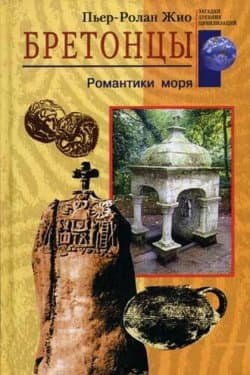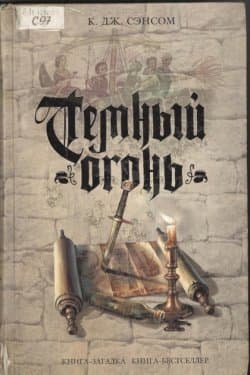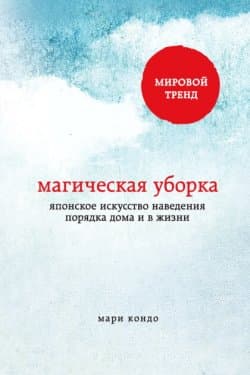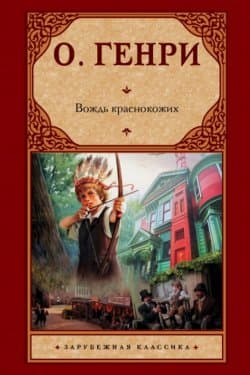Золотой жук = The Gold-bug - Эдгар Аллан По (1843)
-
Год:1843
-
Название:Золотой жук = The Gold-bug
-
Автор:
-
Жанр:
-
Серия:
-
Язык:Русский
-
Издательство:OMIKO
-
Страниц:26
-
Рейтинг:
-
Ваша оценка:
Золотой жук = The Gold-bug - Эдгар Аллан По читать онлайн бесплатно полную версию книги
When the ideas to which I have alluded first occurred to me, it was of course very natural that I should think of M. Valdemar. I knew the steady philosophy of the man too well to apprehend any scruples from him; and he had no relatives in America who would be likely to interfere. I spoke to him frankly upon the subject; and, to my surprise, his interest seemed vividly excited. I say to my surprise; for, although he had always yielded his person freely to my experiments, he had never before given me any tokens of sympathy with what I did. His disease was of that character which would admit of exact calculation in respect to the epoch of its termination in death; and it was finally arranged between us that he would send for me about twenty-four hours before the period announced by his physicians as that of his decease.
It is now rather more than seven months since I received, from M. Valdemar himself, the subjoined note: —
«My dear P —, You may as well come now. D – and F – are agreed that I cannot hold out beyond to-morrow midnight; and I think they have hit the time very nearly.
Valdemar.»
I received this note within half-an-hour after it was written, and in fifteen minutes more I was in the dying man’s chamber. I had not seen him for ten days, and was appalled by the fearful alteration which the brief interval had wrought in him. His face wore a leaden hue; the eyes were utterly lustreless; and the emaciation was so extreme, that the skin had been broken through by the cheek-bones. His expectoration was excessive. The pulse was barely perceptible. He retained, nevertheless, in a very remarkable manner, both his mental power and a certain degree of physical strength. He spoke with distinctness – took some palliative medicines without aid – and, when I entered the room, was occupied in pencilling memoranda in a pocket-book. He was propped up in the bed by pillows. Doctors D – and F – were in attendance. After pressing Valdemar’s hand, I took these gentlemen aside, and obtained from them a minute account of the patient’s condition. The left lung had been for eighteen months in a semi-osseous or cartilaginous state, and was, of course, entirely useless for all purposes of vitality. The right, in its upper portion, was also partially, if not thoroughly, ossified, while the lower region was merely a mass of purulent tubercles, running one into another. Several extensive perforations existed; and, at one point, permanent adhesion to the ribs had taken place. These appearances in the right lobe were of comparatively recent date. The ossification had proceeded with very unusual rapidity; no sign of it had been discovered a month before, and the adhesion had only been observed during the three previous days. Independently of the phthisis, the patient was suspected of aneurism of the aorta; but on this point the osseous symptoms rendered an exact diagnosis impossible. It was the opinion of both physicians that M. Valdemar would die about midnight on the morrow (Sunday). It was then seven o’clock on Saturday evening.
On quitting the invalid’s bedside to hold conversation with myself, Doctors D – and F – had bidden him a final farewell. It had not been their intention to return; but, at my request, they agreed to look in upon the patient about ten the next night.
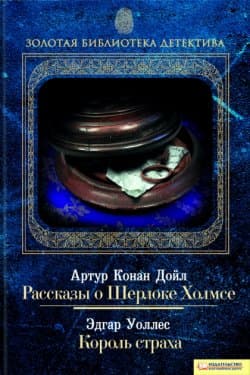 Рассказы о Шерлоке Холмсе. Король страха (сборник) Артур Конан Дойл, Эдгар Уоллес
Рассказы о Шерлоке Холмсе. Король страха (сборник) Артур Конан Дойл, Эдгар Уоллес
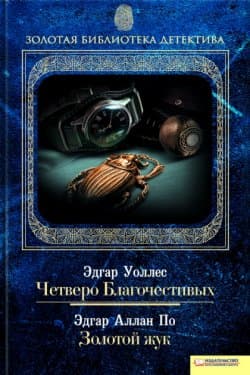 Четверо Благочестивых. Золотой жук (сборник) Эдгар Уоллес, Эдгар Аллан По
Четверо Благочестивых. Золотой жук (сборник) Эдгар Уоллес, Эдгар Аллан По
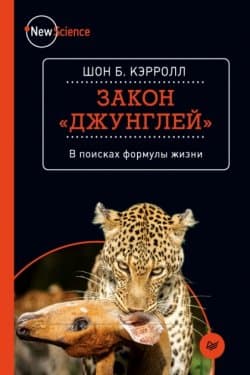 Закон «джунглей». В поисках формулы жизни Шон Б. Кэрролл
Закон «джунглей». В поисках формулы жизни Шон Б. Кэрролл
 Похищенное письмо (сборник) Эдгар Аллан По
Похищенное письмо (сборник) Эдгар Аллан По
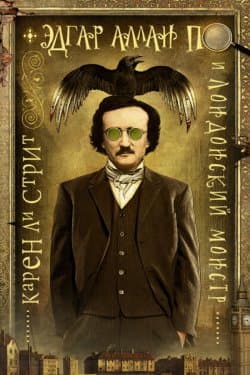 Эдгар Аллан По и Лондонский Монстр Карен Ли Стрит
Эдгар Аллан По и Лондонский Монстр Карен Ли Стрит
 Надвигается беда. Механизмы радости Брэдбери Рэй Дуглас
Надвигается беда. Механизмы радости Брэдбери Рэй Дуглас
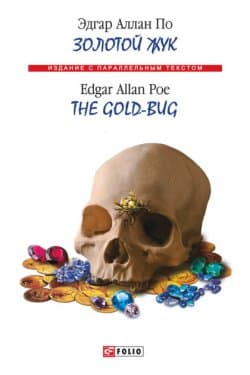
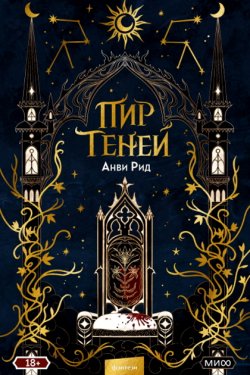 Пир теней
Пир теней  Князь во все времена
Князь во все времена  Когда порвется нить
Когда порвется нить  Пока я здесь
Пока я здесь 




